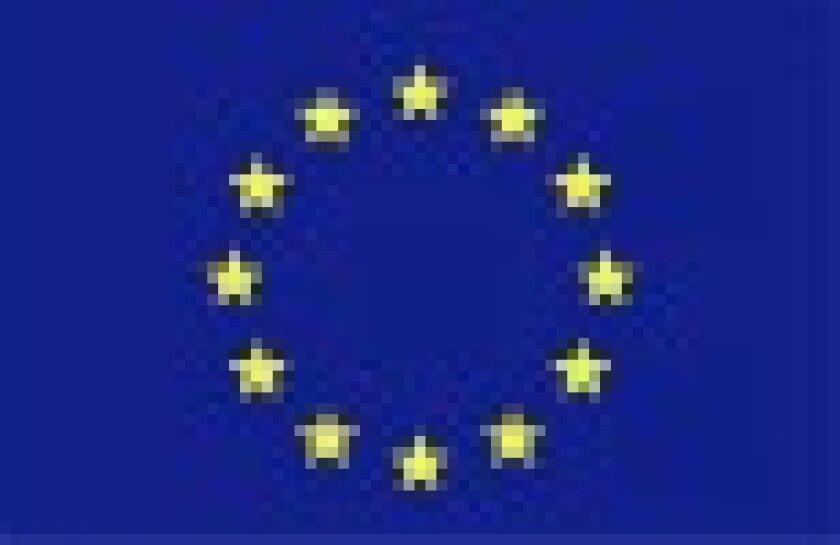As previously announced, the FTT, which will apply in the 11 member states looking to adopt it on January 1 next year, will place a tax of 0.1% for shares and bonds and 0.01% for derivatives.
However, because the FTT will only apply in a limited zone instead of across the whole EU, the Commission has worked to make it more robust, providing legal clarity and a general anti-abuse rule.
An issuance principle has been added, meaning that financial instruments issued in the 11 member states will be taxed when traded, even if those trading them are not established within the FTT-zone.
"With today’s proposal, everything is in place to enable a common Financial Transaction Tax to be become a reality in the EU,” said Algirdas Semeta, Commissioner for taxation, customs union, audit and anti-fraud. “On the table is an unquestionably fair and technically sound tax, which will strengthen our single market and temper irresponsible trading”.
Despite not achieving unanimous adoption, the FTT will still affect financial institutions in non-participating member states if they are conducting transactions into or out of the FTT zone.
“We shouldn’t underestimate the geographical reach of the proposed EU FTT,” said David Newton, global financial services tax leader at PwC. “This tax will affect financial and non-financial institutions outside of the EU and not just those in the 11 countries who have already signed up for the enhanced cooperation procedure.”
Dan Neidle of Clifford Chance says that while the FTT is aimed at banks, most of the burden will in fact fall on pension funds, unit trusts and investors.
"First, it's highly extra-territorial,” he said. “Pension funds, unit trusts and other financial institutions in the UK and beyond will be subject to the tax whenever they trade with a party in the FTT zone, or if their transaction is cleared through the FTT zone. Given the interconnection of modern financial markets, the impact on investors in the UK and worldwide will be profound.”
“Second, unlike stamp duty, the tax cascades – it applies separately to each leg of a financial transaction,” he added. “For example, when a pension fund buys a corporate bond it will often clear through brokers and other institutions in the FTT zone. The way the FTT applies means that each element of the clearing process will be separately taxed. So whilst the headline rate of the FTT is 0.1%, the effective rate in many cases will be closer to 1%. It's not clear whether this is understood or intended.”










